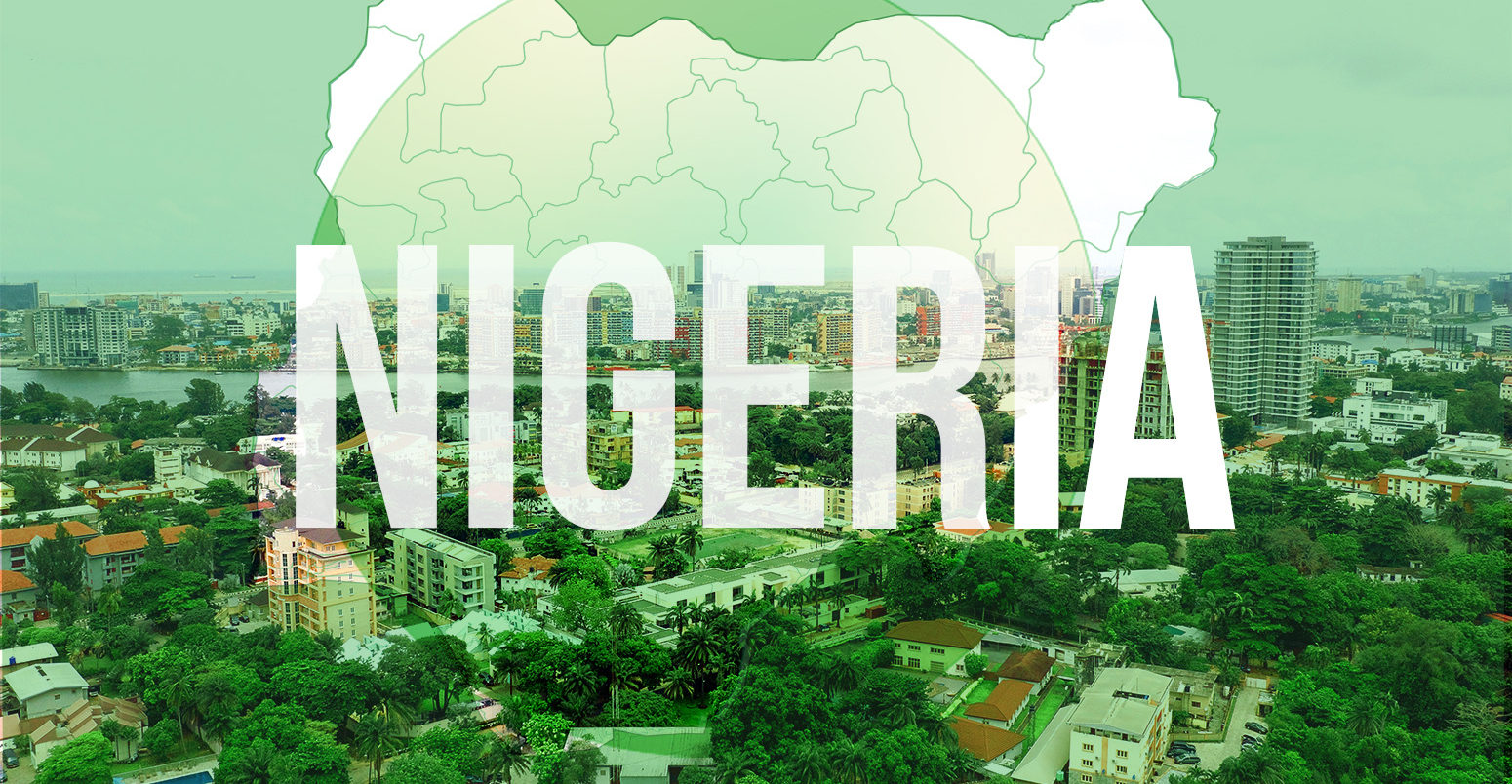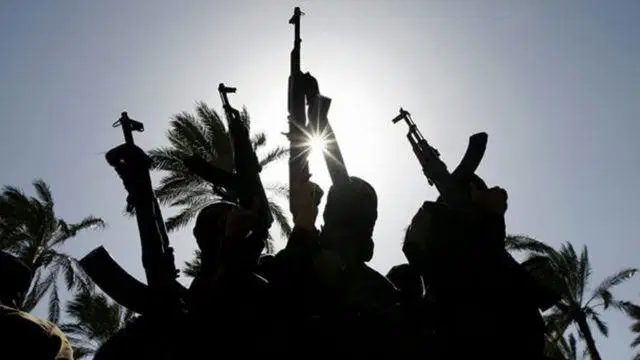Buhari emerges highest spender in appropriation of $667.887bn, Yar’Adua spent least
APC spends 78.84% in 11 years, PDP budgeted 21.16% in 16 years
Huge budgets, little development
By Clifford Ndujihe
IF the National Assembly approves President Bola Tinubu’s N49.74 trillion 2025 budget proposal, it means in 27 years Nigeria has budgeted N232.546 trillion.
The figure is the summation of the various budgets and supplementary budgets passed by the National Assembly since 1999, according to analysis by Saturday Vanguard.
Based on official exchange rates at the time of the appropriations, the N232.546 trillion is equivalent to $667.887bn. If parallel or black market exchange rates were applied, the total sum will be less than $500 dollars.
Late President Umaru Musa Yar’Adua, who was in the saddle for 1,071 days, spent N10.949trn or $79.13 billion, which is 4.71 percent of the staggering N232.546 trillion (see table). Yar’Adua died on May 5, 2010, 24 days to the third anniversary of his May 29, 2007 presidential inauguration.
In his eight years sojourn at the Presidential Villa, former President Olusegun Obasanjo appropriated N12.312 trn ($121.35 bn) or 5.30 percent of the 27 years budgets. The figure includes the budget he inherited from the departing military regime of General Abdulsalami Abubakar, retd, on May 29, 1999.
Former President Goodluck Jonathan, who deputised for Yar’Adua, and succeeded him, presided the affairs of Nigeria for five years during which he spent N25.296 trillion ($156.569bn) or 10.88 percent of the budgets.
Immediate past President Muhammadu Buhari, the second man to rule Nigeria for two terms of eight years, had the highest expenditure. Between May 29, 2015 when he succeeded President Jonathan and May 29, 2023 when he handed over to President Tinubu, he spent 41.72 percent of the nation’s budgets in 27 years. He appropriated N97.018 trillion or $228.641 billion.
Current President Tinubu, who has been in the saddle for 17 months has so far spent N37.332trn and by the end of the year, if his 2025 budget got National Assembly’s nod, would have spent N86.972 trn ($81.977bn) or 37.40 percent of the budgets.
The Buhari figure included the N574.533 billion supplementary budget he made in 2015. Also, Tinubu’s budget sum included the N2.177 trillion supplementary appropriation of 2023.
Broken down further, the People’s Democratic Party, PDP, governments of Obasanjo, Yar’Adua and Jonathan spent N48.5564trn ($257.069bn) or 21.14 percentin 16 years while the ruling All Progressives Congress, APC, governments of Buhari and Tinubu budgetted N183.99trn ($310.818bn) or 78.86 percent in 11 years.
How N232.55 trn ($667.887bn) was appropriated
Obasanjo – N12.312 trn ($121.35 bn), 5.30%
Yar’Adua – N10.949 trn ($79.13 bn), 4.71%
Jonathan – N25.296 trn ($156.569 bn), 10.88%
Buhari – N97.018 trn ($228.641 bn), 41.72%
Tinubu – N86.972 trn ($81.977 bn), 37.40%
Huge budgets, little development
In spite of the huge budgets, Nigeria, the world’s largest black nation has witnessed little or no development.
Education
For instance, there were 7.019 million out-of-school children in 1999. In 26 years the figure has jumped to 18.3 million according to the United Nations Educational, Scientific and Cultural Organization, UNESCO. These are children aged six to 14 who are not enrolled in primary and secondary school.
Healthcare
More women die today in Nigeria during child delivery than 26 years ago. According to the United Nations International Children’s Emergency Fund, UNICEF, Nigeria’s Maternal Mortality Ratio, MMR, was 289 per 100,000 live births in 1999. In 2024, it was 576 deaths per 100,000 live births making Nigeria to have the fourth highest maternal mortality ratio in the world.
Housing
Nigeria also housed her citizens better in 1999 when with a population of 119 million the housing deficit was 10,271 units. As of 2023, national statistics showed that the housing deficit had skyrocketed to 28 million units and could be more now with experts predicting a need for 700,000 new homes annually to address the shortfall in a few years time.
Poverty
Tellingly, more Nigerians are multi-dimensionally poor today than in 1999. The number of Nigerians living on less than $1 a day was 83.3 million in 1999 but 133 million as of 2023.
Although life expectancy improved from 46.61 years in 1999 to 62.2 years in 2024; and infant mortality rate dropped from 75 per 1000 live births in 1999 to 53.674 per 1000 live births in 2024, Nigeria’s human development index would have been better if the humongous budgets were efficiently expended.
Nigeria’s budgets in N/$ since 1999
1999 –N407 bn ($18.59 bn)
2000 – N702 bn ($8.16 bn)
2001 – N1.318 trn ($13.31 bn)
2002 – N1.0648 trn ($9.77 bn)
2003 – N1.45 trn ($12.72 bn)
2004 – N1.3 trn ($10.24 bn)
2005 – N1.8 trn ($14.01bn)
2006 – N1.88 trn ($14.63 bn)
2007 – N2.39 trn ($19.92 bn)
2008 – N2.74 trn ($23.03 bn)
2009 – N3.049 trn ($21.03 bn)
2010 – N5.16 trn ($34.4 bn)
2011 – N4.972 trn ($33.15 bn)
2012 – N5.0386 trn ($32.93 bn)
2013 – N4.987 trn ($31.17 bn)
2014 – N5.23 trn ($32.67 bn)
2015 – N5.6425 trn ($29.67 bn)
2016 – N6.061 trn ($30.74 bn)
2017 –N7.441 trn ($24.40 bn)
2018 – N9.12 trn ($29.90 bn)
2019 – N8.92 trn ($29.25 bn)
2020 –N10.59 trn ($29.42 bn)
2021 – N14.573 trn ($38.45 bn)
2022 – N17.908 trn ($43.66 bn)
2023 –N24.007 trn ($55.10 bn)
2024 – N35.055 trn ($43.82 bn)
2025 – N49.74 trn ($33.16 bn)
Total – N232.546 trn ($667.887 bn)
Naira to Dollar official exchange rate since 1999
1999 – 21.89
2000 – 85.98
2001 – 99
2002 – 109
2003 – 114
2004 – 127
2005 – 132
2006 – 128.50
2007 – 120
2008 – 115.50
2009 – 145
2010 – 150
2011 – 150
2012 – 153
2013 – 160
2014 – 160
2015 – 190.16
2016 – 197.16
2017 – 305
2018 – 305
2019 – 305
2020 – 360
2021 – 379
2022 – 410.15
2023 – 435.7
2024 – 800
2025 – 1500





